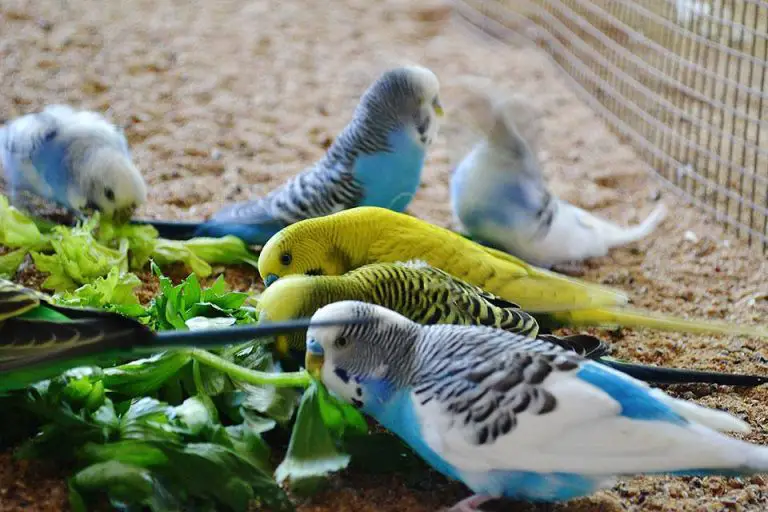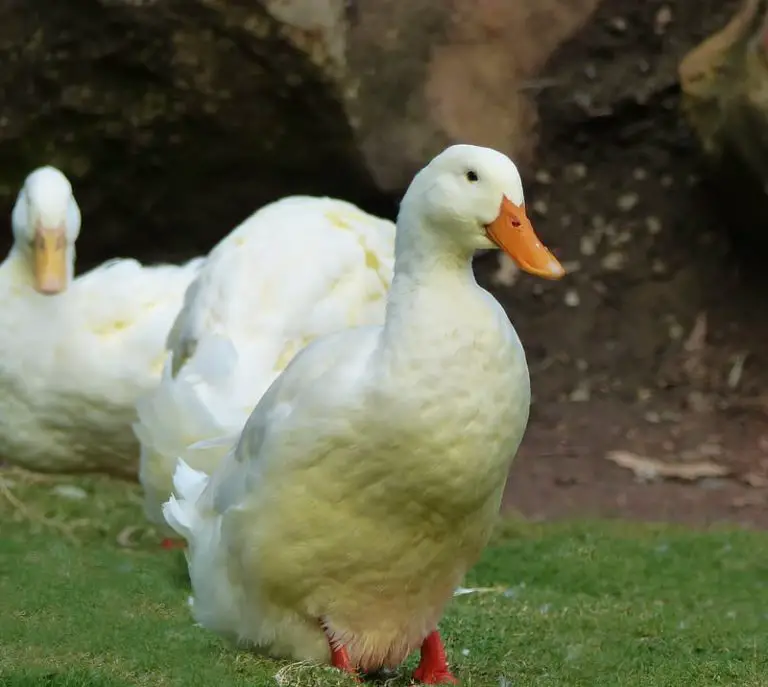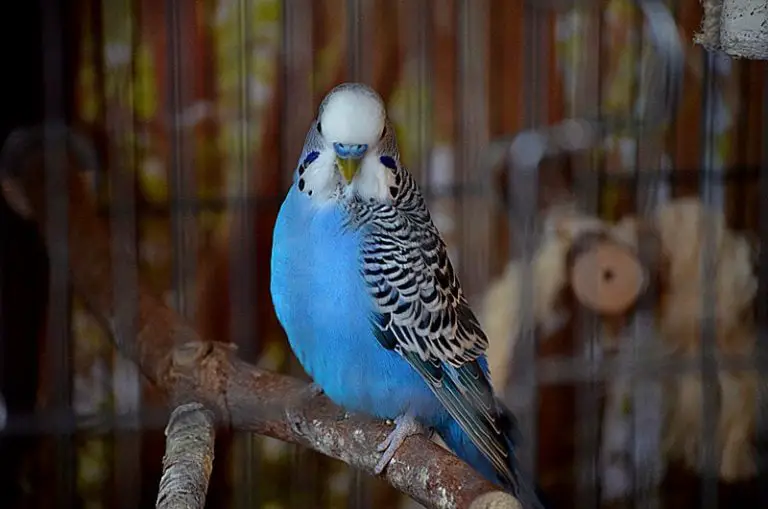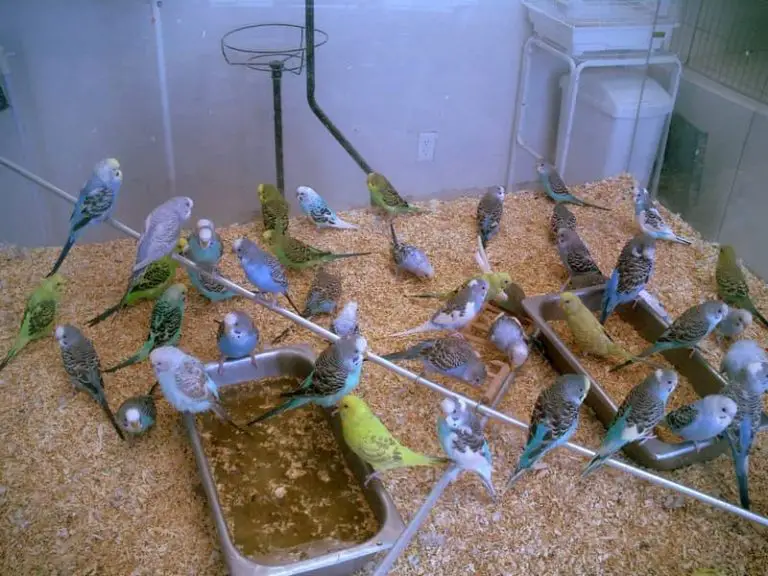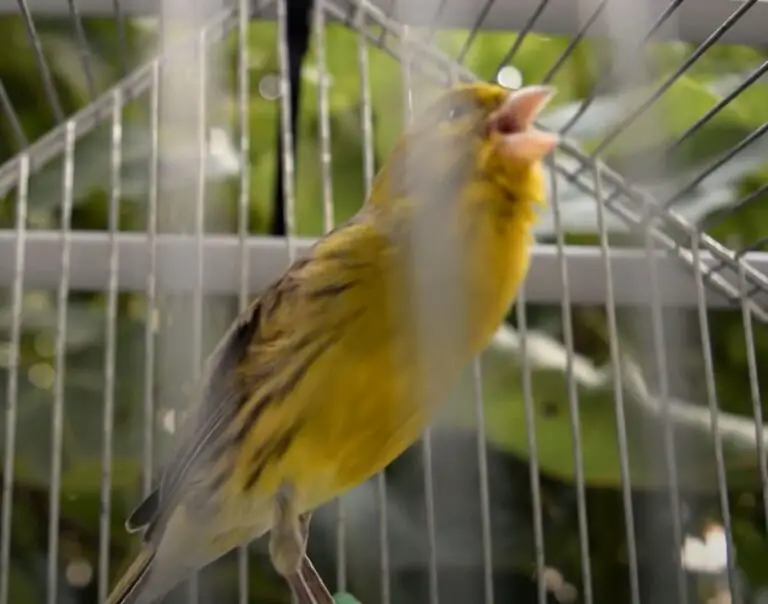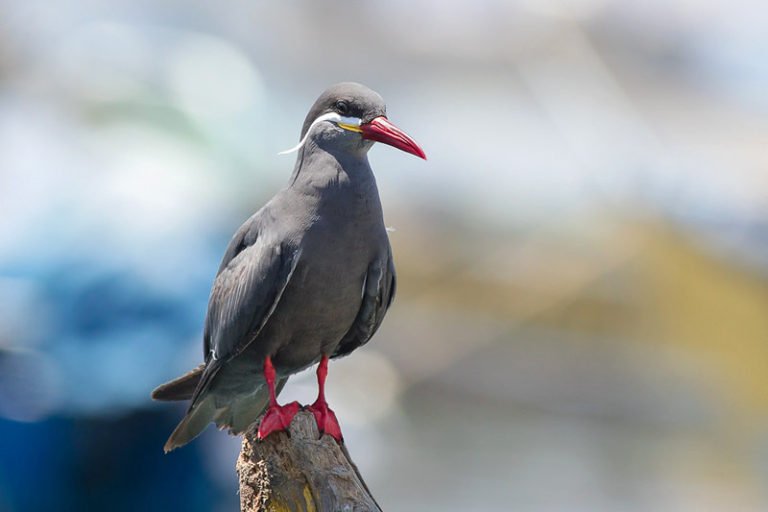Healthy Herbs And Plants That Budgies Can Eat (Non-Toxic)
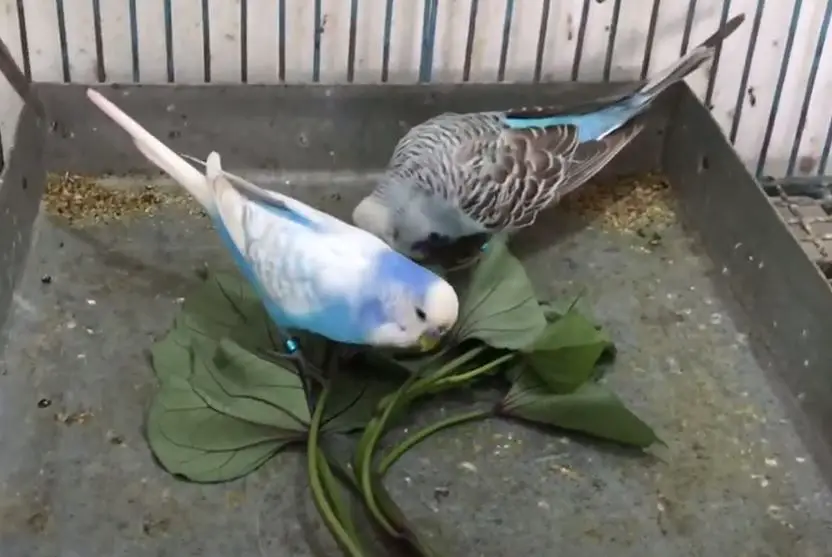
There is a very defined concept about the feeding of budgerigars is based only on fruits and seeds, however fresh vegetables and leaves can also be an essential part since they have a lot of nutrients and vitamins and other essential attributes, but especially for its medicinal attributes.
There are very few foods that can provide nutrients and be at the same time effective and strengthen health.
All the components of fresh vegetables help to promote the health and beauty of budgerigars, however, it is necessary to know, about the most known vegetables and herbs which are allowed, in what doses, and what could be the adverse effects of some of them.
Generally, budgies love to eat fresh leaves and vegetables, perhaps the taste and aroma of some may not seem very attractive initially, but over time they get used to eat them with confidence and security.
Here are some of the most common fresh leaves and vegetables for budgies, which are very important both for their medicinal and nutritional benefits.
It is very important to thoroughly wash the herbs before feeding them to the bird. Most herbs, that contain many essential oils, must only be provided in small amounts, because otherwise digestive disorders are possible.
Herbs such as basil, dill, water, sorrel, caraway, sage, thyme and many others are especially popular for feeding budgies.
But remember, these plants are not toxic and budgies will not overeat.
Can budgies eat mint leaves?
The mint leaf can be an excellent food for budgies, especially fresh, they can eat it without worry, the mint leaf is not toxic, on the contrary, it is widely used as a medicinal plant, you should be cautious with the essential oils it contains.
However, although the mint leaf contains essential oils and should not be ingested in large quantities, budgerigars are actually smart enough to know how much to eat.
They will not eat more than they really need, and this will be a general trend with other vegetables and herbs.
The herb as a medicinal plant has anti-inflammatory, expectorant, antiseptic, analgesic, antibacterial or antitussive properties and helps with various digestive diseases.
In addition, it is primarily composed of water, fiber, minerals such as calcium, potassium, copper or magnesium; and vitamins A, B, C and D. Not to mention that it has only 0.03 grams of fat and 0.48 grams of carbohydrates.
Can budgies eat parsley?
Parsley is another controversial plant and a topic I have come across a lot in research concerning feeding budgies.
There is information that parsley is toxic for budgies, because of its content of essential oils, but this is false, budgies can eat parsley, in moderation, for a budgie to be affected by ingesting parsley should consume exaggerated amounts, which is not possible.
At a nutritional level, parsley is one of the foods that contain more vitamin K, a very important contribution because it is a vitamin rarely found in other foods, this vitamin can help promote bone health of the budgie.
Parsley also provides significant amounts of iron and vitamin C, which support the bird’s immune system.
Can budgies eat Cilantro or Coriander?
Cilantro is another plant of the same family as parsley, very beneficial for budgies, I wrote a topic about it, where I mentioned many times that budgies can eat cilantro in moderation.
The truth is, as I said at the beginning of the topic, that parakeets are intelligent enough to know how much to eat, for these plants to have any harmful effect it would be necessary to ingest them in abusive quantities.
Coriander, provides important quantities of vitamins and minerals to the budgies, vitamin C, iron, phosphorus, calcium, beta-carotene and its calories are minimal.
Can budgies eat Basil?
Like parsley, basil has antibacterial action, and a high concentration of vitamin K balances the bacterial flora and improves digestion and acts as a relaxant/anti-stress, budgies can eat basil without problems.
You can alternate this plant with parsley or cilantro, because they contain a similar amount of minerals and vitamins, if you wish you can also mix them, remember that parakeets will not eat more than they need.
Can budgies eat Laurel?
It is important to be aware that there are several types of laurel, including two species of laurel that are toxic for consumption.
The common laurel (laurus nobilis), which is the one commonly and traditionally used in cooking as a condiment, is also used as a medicinal plant.
Like the other herbs, laurel has some essential oils in its composition, which confers its medicinal properties, but at the same time, although it is safe, it should be given to budgies in small doses.
Can budgies eat Thyme?
Budgies can safely eat thyme in moderation, thyme is also a great appetite stimulant and promotes digestion, so it helps to strengthen the intestinal health of our birds.
Thyme apart from all its vitamins and minerals has important functions that can serve to improve the health of budgies, thyme is anti-inflammatory, antiseptic, expectorant, and antifungal.
Can budgies eat Purslane?
Budgies can eat purslane, but in moderation, a “purslane only” diet for a budgie can be toxic due to the oxalic acid content.
This plant is usually considered a weed and tolerates drought very well.
Its leaves are thickened to retain water and withstand water stress, also allow it to accumulate other valuable substances for the life of parakeets as amino acids, pigments, rich in vitamins A, B, C, potassium, etc.
Purslane is a diuretic, promotes excretion, antiseptic and antifungal, it is the vegetable food with the highest amount of omega 3 and 6 fatty acids.
Can budgies eat arugula?
In moderate doses, arugula is safe for budgies, this vegetable contains nothing that can really harm the budgie. After all, it is 90 percent water. It is also a low-calorie snack, is rich in vitamins and minerals including vimania K,A and C.
Arugula also has glucosinolates. These natural substances, which give it its bitter taste and strong aroma, are actually not harmful, but may not be to the budgie’s liking.
Can budgies eat mustard greens?
Like other vegetables, mustard greens are generally very safe for a budgie to consume, but always in moderate doses. As they are high in vitamin K and contain oxalates, large amounts can cause negative effects in budgies.
Some tips for the budgie to eat herbs and leaves
Budgies have no problem eating fresh plants and leaves, they love to eat them for their softness and ease of digestion, but not all are the same, in case you have a budgie that does not want to eat them you should do it little by little, here are some tips:
1. Not all budgies eat fresh plants, because it is possible that they do not know that they are edible because they are not used to this type of food, they have to learn it little by little.
If they are curious, they will soon come to investigate and, as they bite everything, they will verify that it is edible and will start eating.
2. It helps a lot to offer them the new foods to introduce first thing in the morning, which is when they are hungriest.
It is interesting to put the food they like the most at the end of the day and the one they like the least at the beginning, so that hunger drives them to eat it.
3. If after several days of offering the plants or herbs you do not get them to eat it, you can make a mixture of their usual food with the chopped plants. Offer the mixture for several days.
As the days go by, reduce the number of seeds and increase the number of plants progressively. I don’t think I should remind you about moderation because it is pure common sense, I hope this topic has helped you a lot.
Healthy herbs that budgies can eat
The herbs marked with an asterisk contain a considerable amount of essential oils, and their taste is intense. Budgies normally eat them with enjoyment, however, they should only be fed in smaller quantities, as they can cause irritation of the mucous membranes in large quantities.
- Basil
- Savory
- Wild garlic
- Anise
- Balsamite
- Watercress
- Borage
- Chives
- Cilantro
- Dill
- Tarragon
- Fennel
- Lovage Mint*
- Marjoram (Marjoram)
- Oregano
- Chervil Rosemary
- Arugula (Jaramago)
- Sage* Sage
- Thyme* (Thyme)
- Lemon balm

